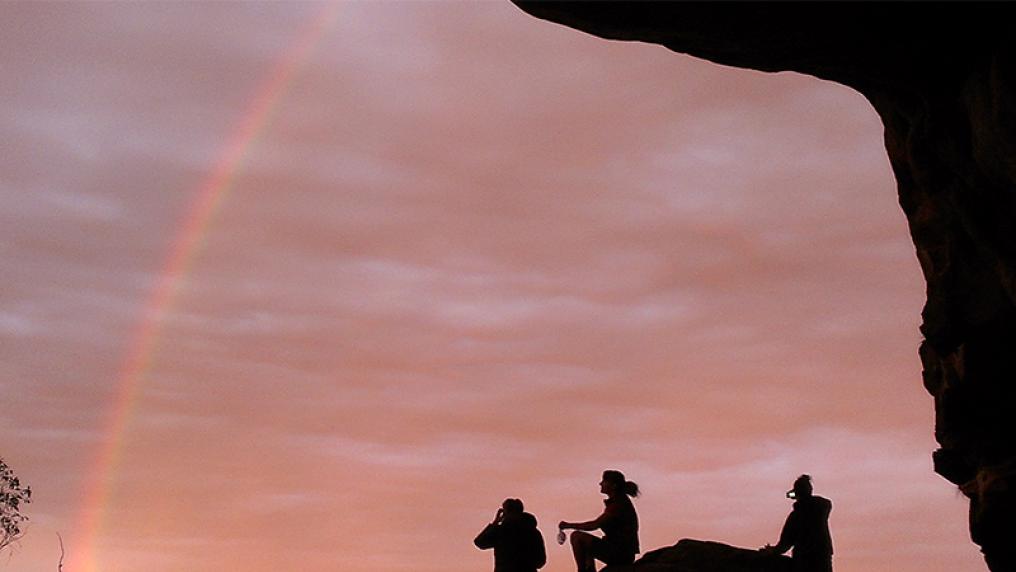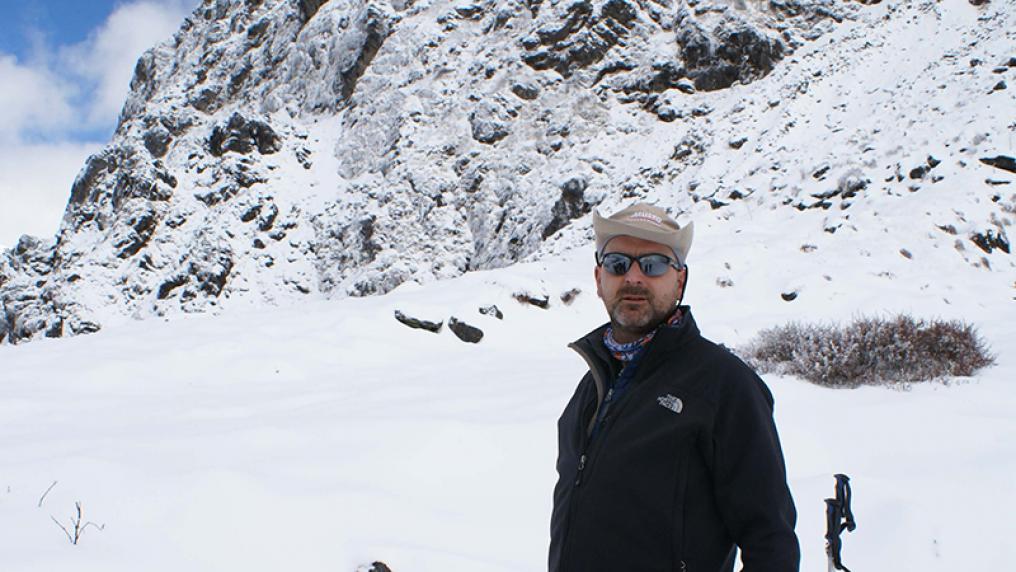Minimum entry criteria include:
- English-language requirements
- academic requirements.
Your work and life experience will also be considered.
To find specific entry requirements for this course, please select the section below that is most relevant to you.
Meeting the minimum entry criteria does not guarantee entry into this course.
This information is relevant if, in the 2 years prior to studying with us, you have completed (or will complete) one of the following:
- Australian Senior Secondary Certificate (e.g. VCE)
- an Australian or overseas equivalent to VCE
- an International Baccalaureate (IB).
Admission criteria
Completion of an Australian Senior Secondary Certificate (VCE or equivalent) including Units 3 and 4: a study score of at least 25 in English (EAL) or 20 in any other English.
This information is relevant if you have completed an accredited award (such as a certificate or diploma) at an Australian Registered Training Organisation (usually a TAFE, polytechnic or other registered VET institute).
Admission criteria
Completion of an Australian Advanced Diploma or Diploma (or equivalent).
OR:
Completion of the Certificate IV in Tertiary Preparation (or equivalent).This information is relevant if you’ve previously completed all or part of a university or other higher-education course.
Admission criteria
Full or partial completion of an Australian Higher Education award (or equivalent).
OR:
Completion of a single unit of Higher Education studies.
OR:
Completion of a bridging or enabling course eg. Foundation course or equivalent.This information is relevant if you left secondary school more than two years ago and haven’t studied since.
Admission criteria
Five years (minimum) work/life experience in Health or Human Sciences, Training & Development, Community Sports or similar.
OR:
Completion of an Australian Senior Secondary Certificate more than two years ago.
PLUS:
Units 3 and 4: a study score of at least 25 in English (EAL) or 20 in any other English (or equivalent).Take a look at a student profile to get an overview of students who have previously enrolled in this course.
Applicant background Number of students Percentage of all students (A) Past Higher Education Study
(includes a bridging or enabling course)9 27.3% (B) Past vocational education and training (VET) study NP NP (C) Recent secondary education Admitted solely on the basis of ATAR
(regardless of whether this includes the impact of adjustment factors such as equity or subject bonus points)NA NA (C) Recent secondary education Admitted where both ATAR and additional criteria were considered
(e.g. portfolio, audition, extra test, early offer conditional on minimum ATAR)NA NA (C) Recent secondary education Admitted on the basis of other criteria only and ATAR was not a factor
(e.g. special consideration alone, audition alone, schools recommendation scheme with no minimum ATAR requirement)18 54.5% (D) Work and Life experience <5 <5 International students 0 0.0% All students 33 100% "<5" – the number of students is less than 5.
N/A – Students not accepted in this category.
N/P – Not published: the number is hidden to prevent calculation of numbers in cells with less than 5 students.
Special entry programs
Special admission programs
If you are from a disadvantaged or underrepresented social, economic or cultural background, you may be eligible for one of our special admission programs. These programs are designed to help you access education more easily.
Learn more about special admission programs
VU Early Entry
If you're currently in Year 11 or 12, our exclusive VU Early Entry program comes with a Conditional Offer to the course of your choosing*, a personalised course plan, special events, exclusive discounts and access to one-on-one course advice.
*Conditions apply.
Learn more about VU Early Entry
Additional information
Due to the nature of the field lab components of this course students should note that some unit delivery will take place outside of the normal university hours. Please note that SOL2000 Natural Environments 2 will be delivered during the summer semester due to environmental constraints.
Students may incur a levy of approximately $2000 across the duration of the course for transport, accommodation and camping fees associated with field teaching. This levy will be charged at a unit level depending on the requirements specific to the unit.
Students will require a Working with Children Check and National Police Check to be eligible to undertake and participate in workplace visits, placements or projects. Use the following site links to obtain additional information:
http://www.workingwithchildren.vic.gov.au/
http://www.police.vic.gov.au/content.asp?Document_ID=274





